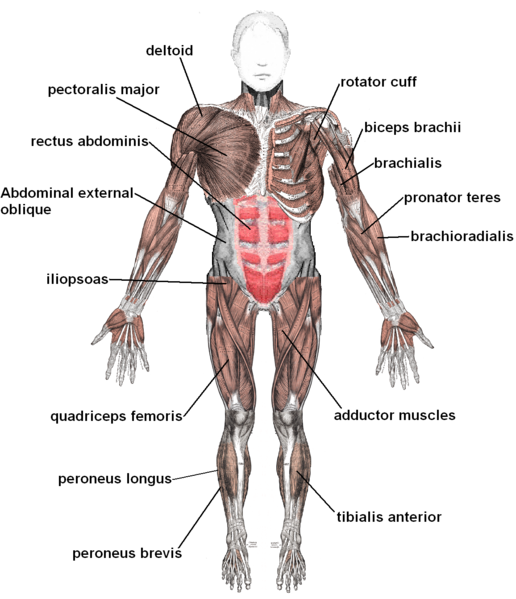Also known as pulmonary arterial hypertension.
Pulmonary hypertension (PH) is high blood pressure in the arteries to your lungs. It is a serious condition. If you have it, the blood vessels that carry blood from your heart to your lungs become hard and narrow. Your heart has to work harder to pump the blood through. Over time, your heart weakens and cannot do its job and you can develop heart failure.
Symptoms of PH include
- Shortness of breath during routine activity, such as climbing two flights of stairs
- Tiredness
- Chest pain
- A racing heartbeat
- Pain on the upper right side of the abdomen
- Decreased appetite
As PH worsens, you may find it hard to do any physical activities.
There are two main kinds of PH. One runs in families or appears for no known reason. The other kind is related to another condition, usually heart or lung disease.
There is no cure for PH. Treatments can control symptoms. They involve treating the heart or lung disease, medicines, oxygen, and sometimes lung transplantation.
NIH: National Heart, Lung, and Blood Institute
 howMed Know Yourself
howMed Know Yourself


